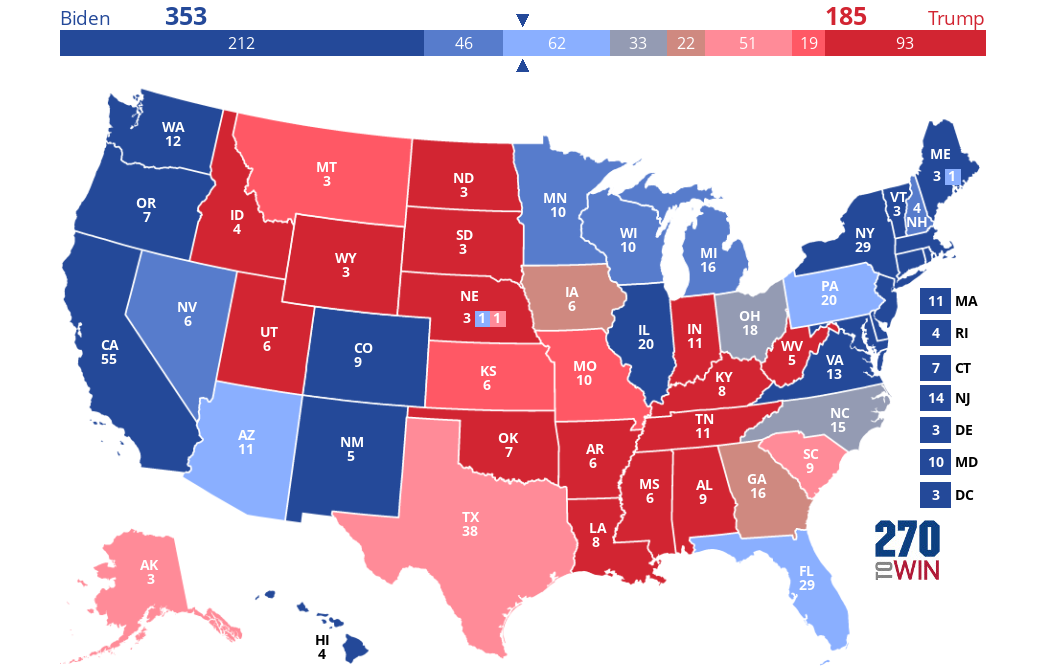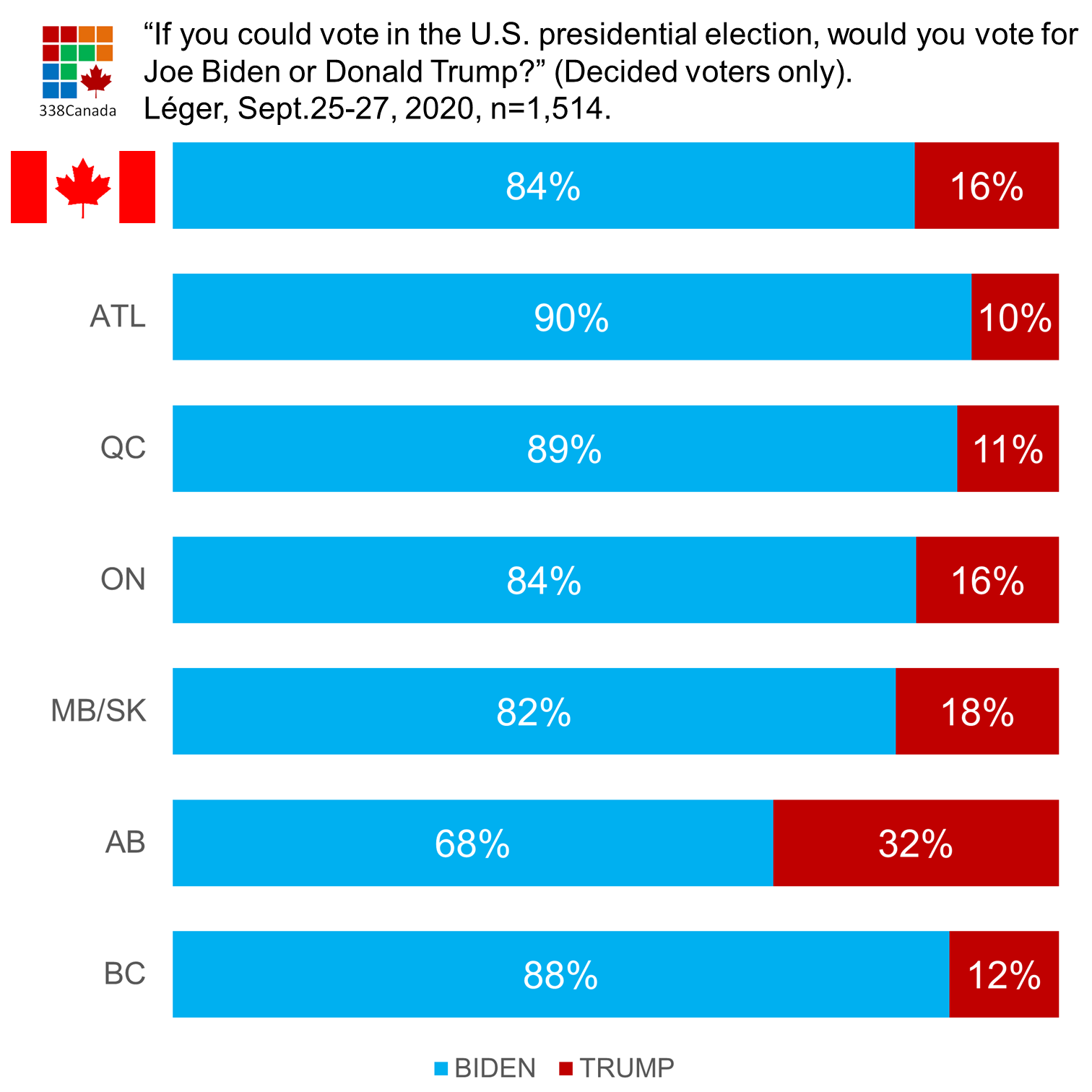I think Trump's reelection is very meaningful to his supports for the same reason why defeating him is important to those of us who oppose this president.
In many ways, 2016 seemed like a cathartic rebuke of experts who had for years been telling middle America that their ways were ignorant and wrong. For those who support this president, that rebuke was
true and represented evidence that these so-called "experts" were in fact fallible and had been corrupted by their liberal bias. Climate scientists, academics, the media, the pollsters...all of them were guilty of sacrificing their integrity for the sake of appeasing the woke mob at worst, or hopelessly blinded at best.
Speaking as someone who doesn't support the president, my characterization of 2016 was not as a rebuke of experts, but rather as a perfect storm of circumstances. Hillary Clinton was terribly unpopular. Donald Trump was an unknown politically, but "well known" as a successful businessman and television personality. The 2016 race, as evidenced by the polls, was extremely volatile with many undecided voters. The media narrative, perhaps sparked by the Comey letter in the final week of the campaign, swung against Clinton in favor of Trump at just the right time. Undecided voters broke for Trump in the voting booth by large margins, and he won the electoral college via thin margins in three rust-belt states while losing the popular vote.
In 2020, these two understandings will be pitted against each other, and the results will possibly redefine these perceptions and the last four years. If Trump wins (especially if he wins despite polls continuing to overwhelmingly favor Biden), Trump supporters will be vindicated: 2016 wasn't just a fluke; their mistrust of experts is warranted; and the woke liberal crazies will be shown to be completely out of sync with reality, as was always expected.
If Trump loses (especially if results come fairly close to what the polls appear to be suggesting), Trump will go down as a one-term, failed president. He will leave the country worse off than when he entered office. His victory in 2016 will be recharacterized. Liberals will feel vindicated: 2016 was just a fluke, or a perfect storm of unlikely events; the mistrust of experts is misplaced and dangerous; and the ignorant Trumpsters will be shown to be completely out of sync with reality, as was expected.
The implications of this election go beyond policy. They extend to our very interpretation of reality, and our sense of self. The thing is, there is probably at least a grain of truth to both sides of this, though I suspect reality is much more in line with the second interpretation.
But, in all honestly, I have yet to hear a reasoned hypothesis for the Trump supporter narrative. Most people who think Trump will win tend to cite 2016 as their principal evidence. Barring some October surprise (which is still possible), this interpretation would have to mean that the polls are wrong yet again, and more importantly, that pollsters with a vested interest in correctly calling races haven't managed to learn how to correct for any mistakes that may have occurred in 2016. Again, this is in-line with the mistrust of experts. But, it is also quite pessimistic in the ability of humanity to systematically analyze and assess uncertain events and offer up useful predictions.
This is the contrast:
Finding empirical bases for predicting the future is a little like dancing about architecture.
We all choose our preferred tea leaves to read, but I do think that betting odds (folks with skin in the game) are less likely to have the patina of wish casting that so much of polling seems to wear. Their only job is to make money.
To each their own.
This is utter nonsense. Human success is founded on learning about the world through empirical observation and using that knowledge to predict the future. It's how people hunted, fished, made fire.





